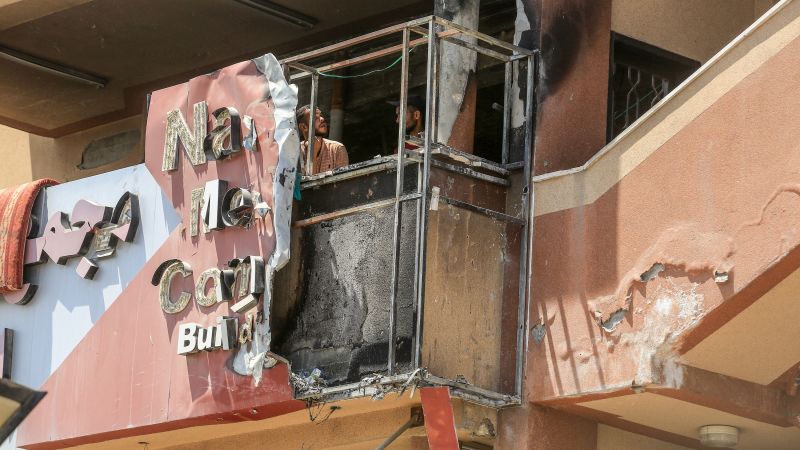
Israel Approves New Settlements in West Bank
Politics | 8/14/2025
Israel is progressing with a contentious settlement plan by approving the construction of thousands of new housing units in the occupied West Bank. This initiative, spearheaded by Finance Minister Bezalel Smotrich from the far-right, aims to split the territory, a move described by Smotrich as intending to “permanently bury the idea of a Palestinian state.” The plan has sparked debates over the implications for the Israeli-Palestinian conflict and the broader Middle East region.
The decision to advance this settlement plan has drawn criticism from various quarters. Palestinian officials have strongly condemned the move, arguing that it undermines the prospects for a two-state solution. Meanwhile, supporters of the plan assert that it strengthens Israel’s control over the West Bank, citing historical and security reasons.
Legal experts note that such settlement activities in the West Bank are considered illegal under international law, as affirmed by United Nations Security Council resolutions and the Fourth Geneva Convention. This development adds to the ongoing complexities surrounding the Israeli-Palestinian conflict and raises concerns about the potential for escalating tensions in the region.
While Israel views the settlements as vital for its security and national interests, critics argue that they hinder the establishment of a viable Palestinian state and hamper efforts towards a lasting peace agreement. The contentious nature of this settlement plan underscores the deep-rooted challenges faced in resolving the Israeli-Palestinian conflict, with divergent perspectives on how to achieve a sustainable and equitable solution.
As discussions continue on the implications of this settlement advancement, the international community closely monitors the situation, with key stakeholders weighing in on the potential ramifications for regional stability and the prospects for a negotiated settlement. The future trajectory of this controversial plan and its impact on the broader geopolitical landscape remain subjects of keen interest and concern for observers and policymakers alike.


